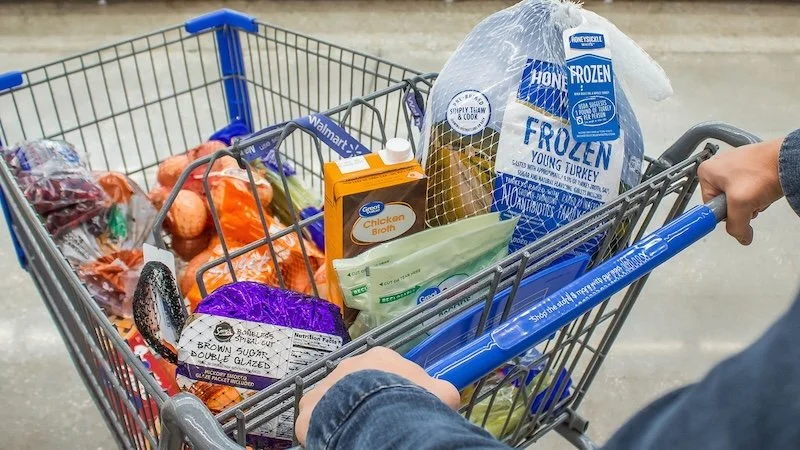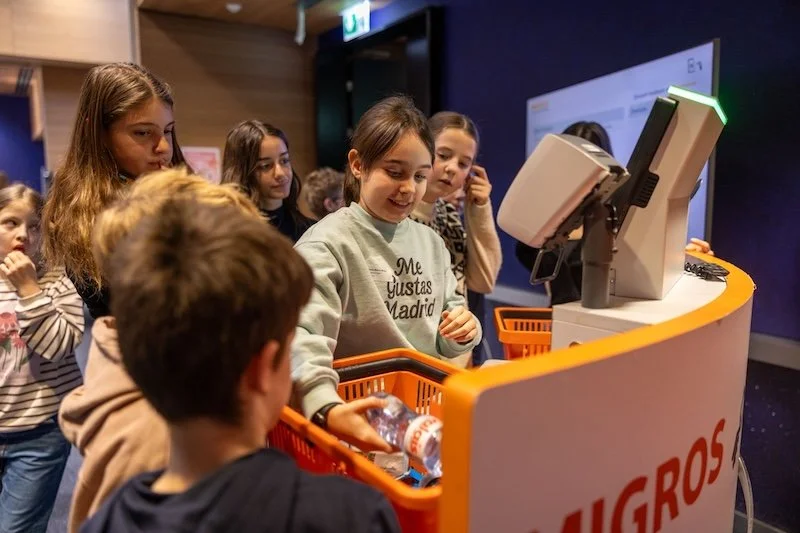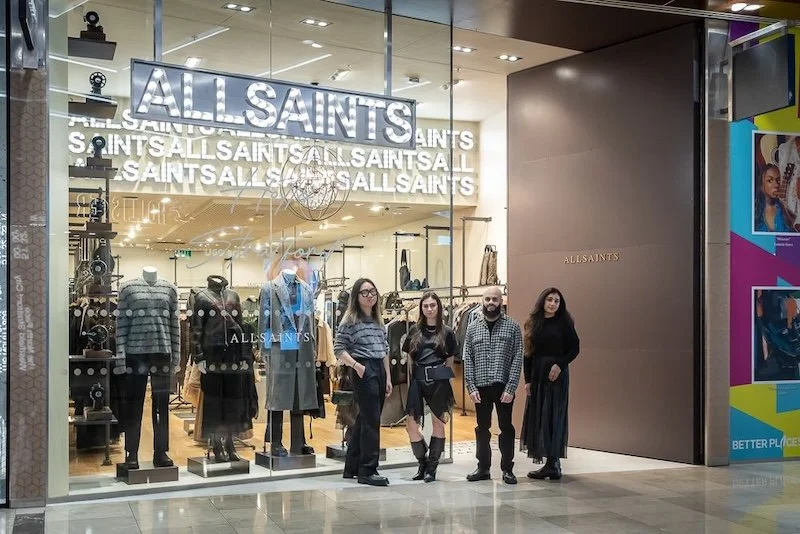AI to help retailers reduce plastic waste, Blue Yonder
With a recent investigation by the Guardian estimating that British supermarkets create 800,000 tonnes of plastic waste each year, Uwe Weiss, CEO at Blue Yonder, suggests that AI can play a pivotal role in tackling this issue.
“The global plastic pollution crisis has already caused widespread damage to the environment. With this latest report, it is clear that the scale of plastic environmental issues will continue to increase drastically unless Britain’s major supermarkets take decisive action,” he says. “Retailers struggle to predict the right amount of stock to meet customer demand, and they therefore often order more stock than is necessary, preferring to throw food away rather than run the risk of shelf gaps. When this food is thrown away, which is also a serious environmental issue, its plastic packaging must also be disposed of. This can often be recycled but, as we have seen from the figures released last week, too often it is just discarded, with no thought given to the environmental damage caused by this approach.”
See also: Iceland to remove plastic packaging from own label products by 2023
Retailers have access to an enormous amount of data, whether it is recurring trends, past sales figures, customer footfall or even a change in the weather. Weiss argues that AI and machine learning solutions can use this data to reduce plastic waste by making accurate predictions of customer demand and automating replenishment decisions, becoming more accurate as it continues to learn and refine its forecasting models. This can also significantly improve product availability, removing manual intervention from the process and ensuring that retailers have the appropriate level of stock to match potential sales, reducing food and plastic waste.
He concludes: “We live in an era where humans are producing more plastic waste than ever before, more in the last decade than in the entire 20th century. This is where AI can play an important role, offering a solution that not only reduces waste and the environmental impact of the retail sector, but is able to monitor, control and improve replenishment.”










Continue reading…